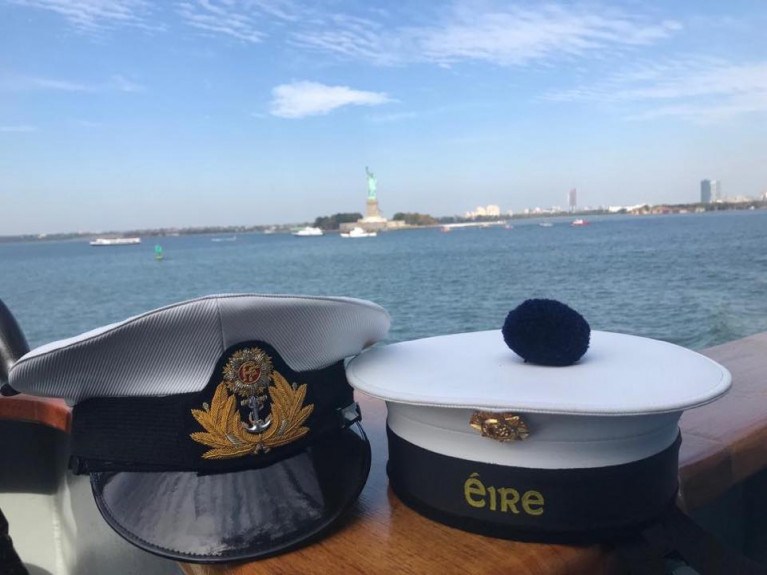Displaying items by tag: Skilled shortages
Personnel in Defence Forces Drops 338 In Just Seven Months
An exodus in personnel from the Defence Forces (incl. the Naval Service) is continuing, with latest figures showing 338 have gone in the first seven months of this year and 86 recruits who quit during training.
On average, 700 personnel have been discharged every year for the past five years and it appears that 2021 will be no different as traditionally more personnel seek a discharge in the latter months of the year.
The latest figures for June and July, supplied to the Irish Examiner by the Defence Forces, show a further 102 trained personnel left the country's military, with the army again suffering the most.
Of the 58 who left in June, 49 were in the army, three in the Air Corps, and six in the Naval Service.
In July, a further 44 left. Of those, 31 were in the army, five in the Air Corps, and eight in the Naval Service.
During June, 16 recruits quit the Defence Forces during training and a further seven bailed out in July.
The minimum strength for the army is 7,520, whereas it had fallen to 6,912.
The Air Corps numbers stood at 729, but is supposed to be 886. It is suffering from a shortage of skilled technicians.
The Naval Service had 878 at that stage, when it should have 1,094.
Ships have been tied up as a result of crew shortages and there's a critical shortage in particular of specialists, such as marine engineers, engine room fitters, medics and communication personnel.
Click here for further coverage.





























































